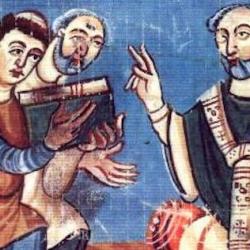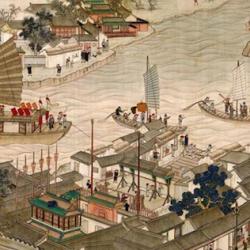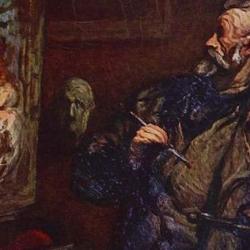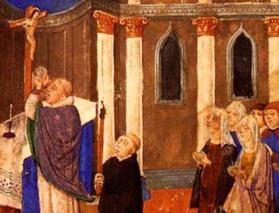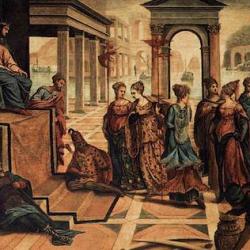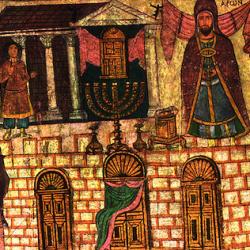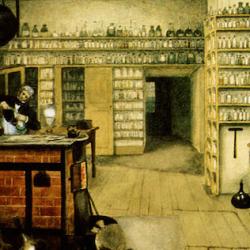John Milbank argues in his Beyond Secular Order that “historicism cannot straightforwardly be considered as something specifically modern” (8). In fact, it originates from a Christian insight: “the sense of estranged distance from the past is initially the fruit of the Christian contrast between old and new covenants and with the pagan world. Even the Renaissance sense of a loss of pagan glories is not unanticipated by Patristic accounts of the general decline of the human race and the way that pagans... Read more

